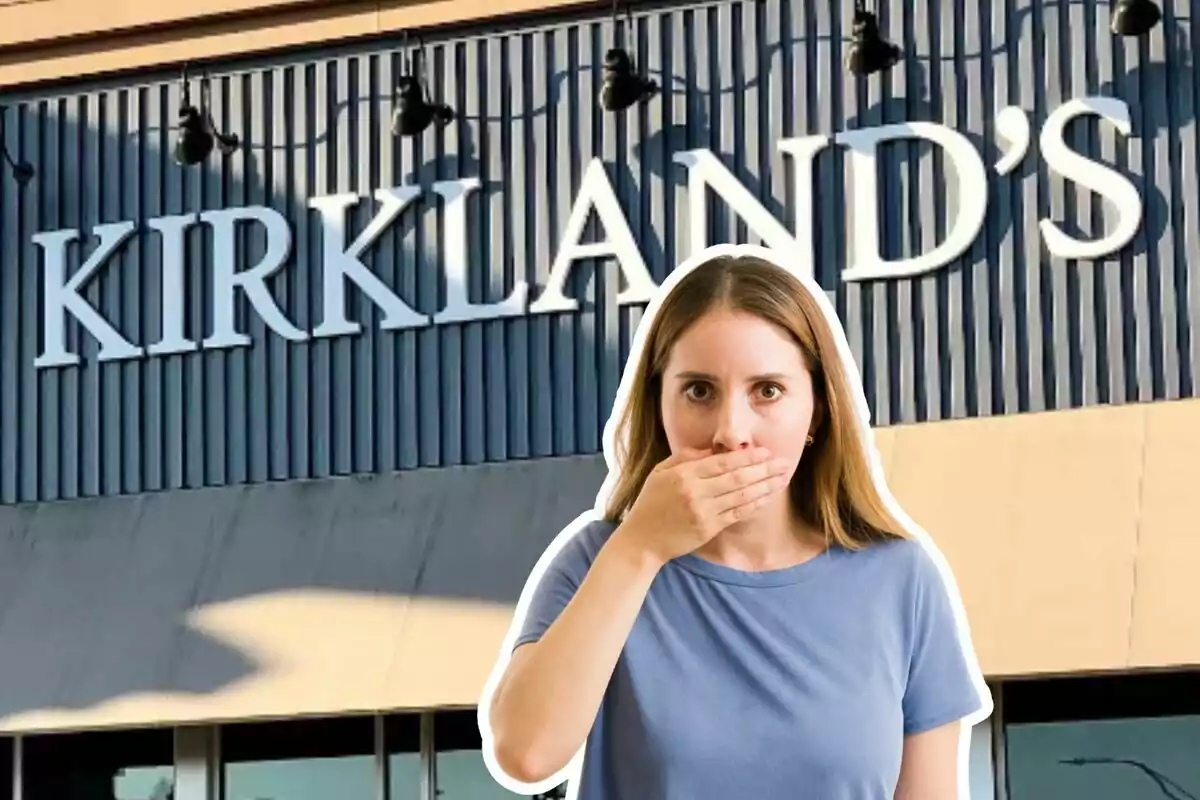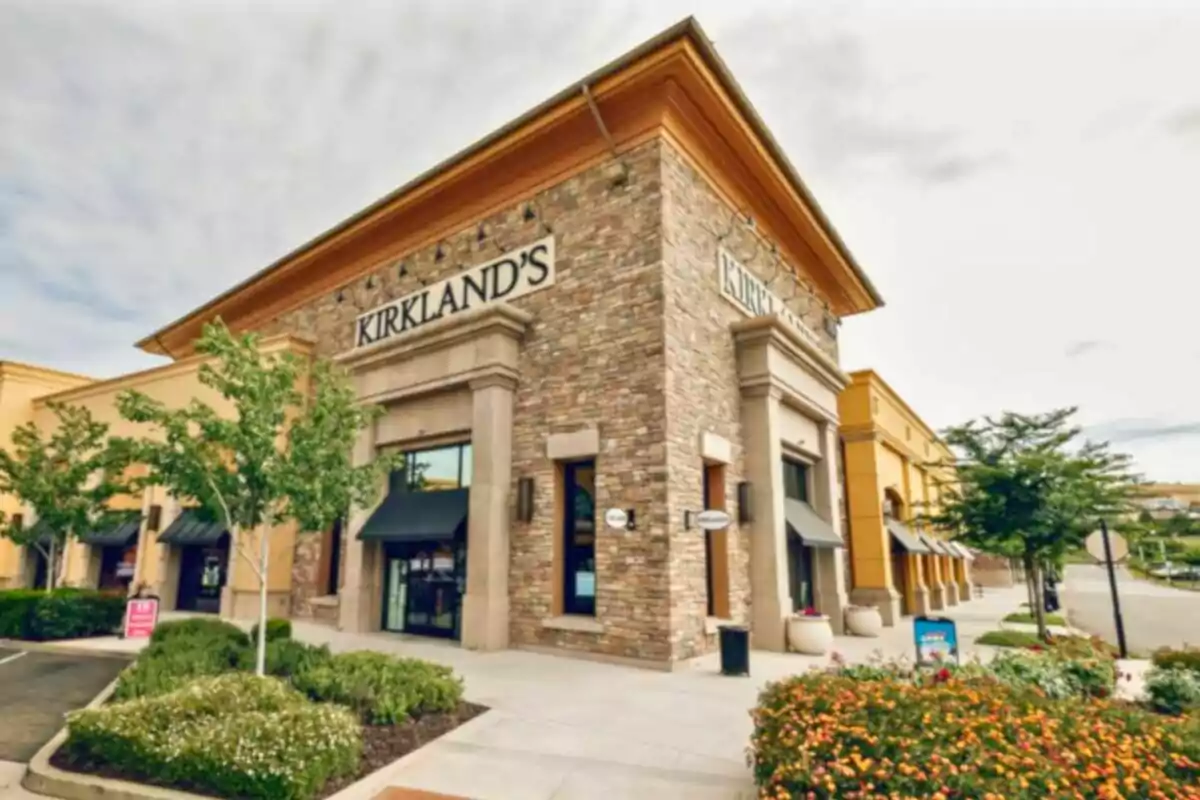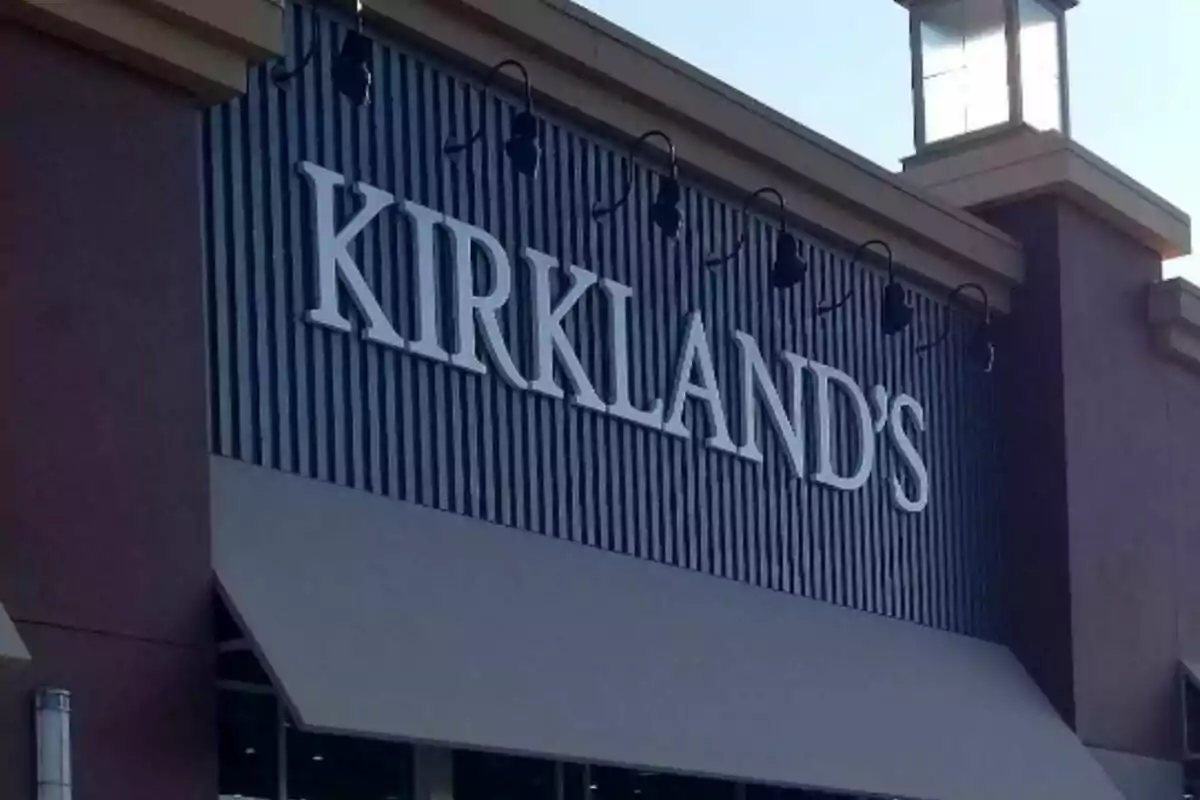
Goodbye Kirkland's: the famous chain has already announced massive closures in the United States
Kirkland's faces significant changes that reflect the transformation taking place in the retail sector in the United States
The retail world in the United States is going through a complicated time, with many retail chains announcing store closures. As we move into 2025, it seems that the disappearance of popular businesses is accelerating. Among these chains, one that has surprised many is Kirkland's, known for its home goods.
Recently, Kirkland's confirmed that they will close at least 24 of their stores, amid a restructuring and rebranding process. This decision is part of a larger plan that includes a name change and integration with other brands under the same parent company. The full details haven't come to light yet, but a very changing future is looming for the chain.

Kirkland's Closes Stores and Changes Name
Founded in 1966 in Tennessee, Kirkland's has spent nearly six decades selling home products. However, the company has announced that they will close around 24 stores out of their current 313 locations. This closure is part of a strategy to adapt to new market challenges and seek greater sustainability.
On June 17, Kirkland's confirmed that they will change their name to The Brand House Collective, after being acquired by Beyond Inc., parent company of Bed, Bath & Beyond and Overstock. The change will also include modifying the stock symbol from KIRK to TBHC after shareholder approval, reveals The Street.
As part of the process, some Kirkland's stores will be converted into Bed, Bath & Beyond Home stores, with plans to open the first one in Brentwood, Tennessee, in August 2025. This move seems aimed at unifying and strengthening the brands under the same management.

A Difficult Context for Retail and Consumers
Kirkland's store closures are not an isolated event, but rather reflect a broader outlook for the retail sector in the United States. Overall, retail sales have fallen, with a 0.9% drop in May, according to data from the Department of Commerce. Economic uncertainty and the threat of tariffs have led consumers to cut back on non-essential spending.
However, some discount chains are still attracting customers. One example is HomeGoods, which reported a 4% increase in comparable sales in the first quarter of the year. According to TJX CEO Ernie Herrman, this positive trend in the home sector is an exception in the midst of a complicated market.
In this context, Kirkland's is seeking to reinvent itself to keep competing and respond to the demand for home products at more affordable prices. The reduction in stores and the transformation into The Brand House Collective are part of an effort to keep relevance in a rapidly changing environment. It remains to be seen how consumers will react to these changes and whether the new strategy will succeed in consolidating the chain's presence in the market.
More posts: